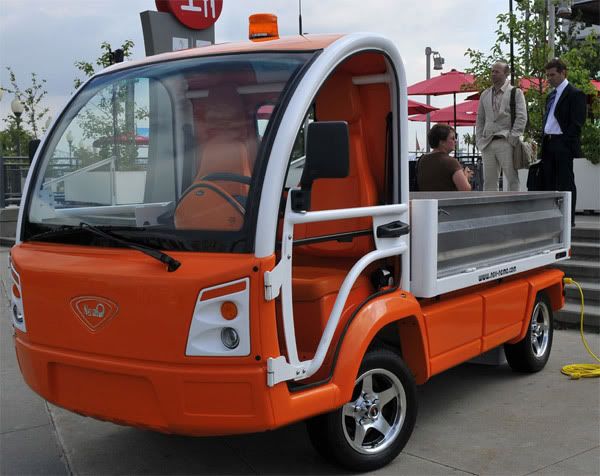H
Hydrogen
Guest
North Americans (especially Americans) were always fascinated with the closely-knit concepts of freedom, autonomy, exclusivity, privacy, as well as mobility. These constitute extremely crucial pillars of the American Dream, and are deeply ingrained in the American psyche and lifestyle.
The cowboy, roaming around the Wild West, has always been an admired ideal of the American freedom and autonomy. The house on top of a hill was and is always regarded as prime real estate, especially if it was at a distance from the nearest neighbours. The suburbs and their escape–from–the–city objective captivated the American masses by providing them with the very ideals upon which their country was founded. The car provided exactly that premise. That’s why the Ford Model T was indispensable to Americans and an exemplification of that American Dream. The fact that you can go anywhere you like, with nothing stopping you, was very tempting and helped propel its sales, usage, and popularity among the public.
However, now we realize that this vision of the world is not the way to go about it, especially in the 21st century. We are not meant to run away from each other and exclusively cocoon ourselves in monstrous detached houses in the suburbs. Instead, more emphasis should be placed on neighbour relations, public transit, verticality, and density, to mention just a few. So, the fact that we still choose to cling on to cars will not be the answer in the distant future. We should aspire to utilize more railways than trucks, to transport goods, and more bikes and subways than cars, to transport ourselves. The car stands in direct opposition and disagreement with our urban future.
From an environmental perspective, if owning a Civic is better than owning a Hummer, and if owning a Zenn is better than owning a Civic, then why not owning a bike not better than owning a Zenn? Impractical?
Sooner or later, you’ll have to abandon it anyways, so why not start now on your own rather than suffer the consequences of its unsustainability and be forced to give it up later.
This is my philosophical opinion; it's not just about how sustainable or fuel efficient the car is, it's about how anti-social and egocentric it is.
Interesting post.
Considering that the automobile was, to a significant degree, developed in Europe, and that many high performance automobile manufacturers are still located there, its hard to identify the automobile as being a uniquely or exclusively American cultural icon - though it is often portrayed that way. Europe is pretty stuffed with cars as well, and the desire to own a car is something that is not restricted to the North American psyche, either.
Before automobiles, trains took people out of cities. During the 19th century, railway suburbs experienced massive growth. Cars merely followed the pattern to a greater degree. There is nothing to suggest that eliminating cars would eliminate sprawl. More effective transit could easily help generate more effective sprawl as well - sprawl that would be just a little more transit friendly rather than car friendly.
Either way, I don't see cars being eliminated. First of all, anyone living in semi-rural or in a rural situation would be royally screwed. Also, to suitably service or move around in modern cities of millions of people, we would require a truly massive growth in transit, or an otherwise wholesale restructuring of cities. In the end, the automobile will endure because it is practical - and not just in terms of selfish usage. These machines have their their place and are already integrated into the transportation infrastructure of the city. The problems posed by automobiles include improving their economy, energy efficiency and emissions reduction; and reducing overall numbers of automobile movements in the city - particularly when effective alternates are developed and are in place. The automobile itself is not the problem.
It's worth recalling that automobiles replaced tens of thousands of work horses. Try to imagine what a city in the summer smelled like with those at work on the road.






